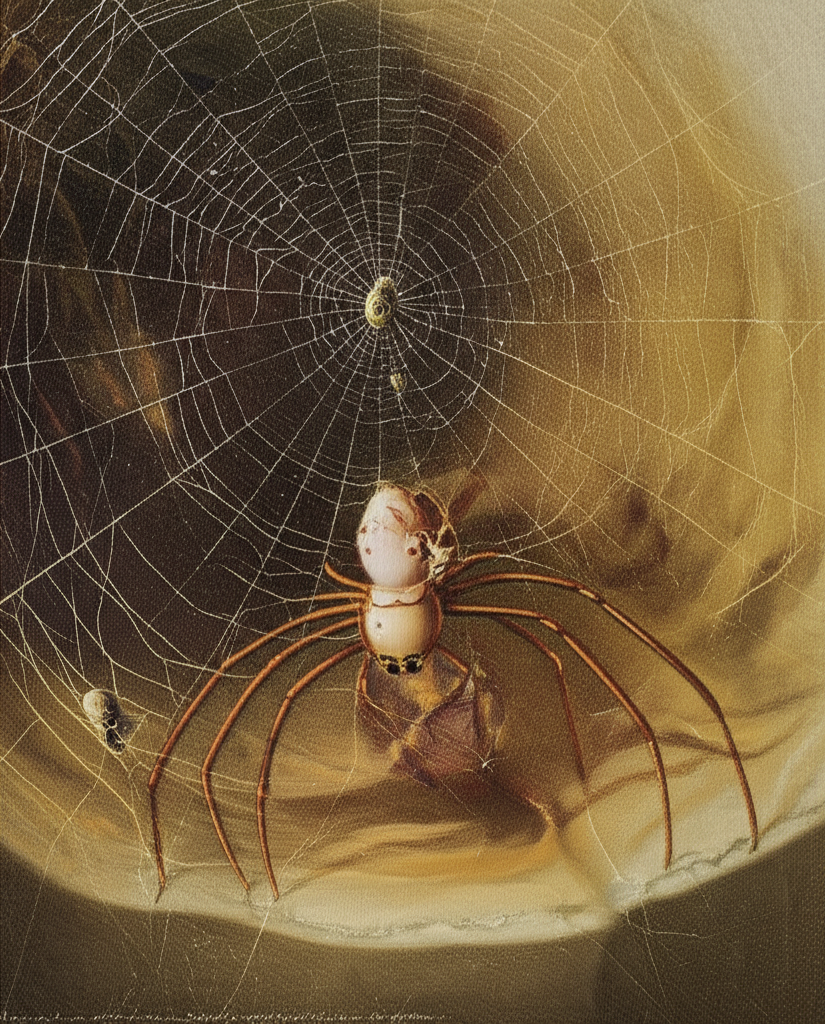
The superstition surrounding spiders, specifically the belief that one should never kill them, is a widespread notion rooted in a blend of practical considerations, folklore, and historical events. This article delves into the origins, evolution, and modern interpretations of this enduring superstition.
Historical Background: Utility and Pest Control
One of the primary reasons for the development of this superstition stems from the practical benefits spiders offered, particularly in agrarian societies. Before the advent of modern pesticides, spiders were invaluable allies to farmers. They preyed on aphids and other destructive insects that could decimate crops. Consequently, preserving the lives of these arachnids was in the best interest of rural communities. Similarly, within homes, spiders played a role in controlling fly populations, which were a significant concern before refrigeration. A few cobwebs were often seen as a lesser evil compared to food spoilage and insect infestations.
Cultural Beliefs: Mythical and Religious Significance
Beyond their practical value, spiders hold symbolic importance in various cultures and religious traditions. Several legends associate spiders with acts of protection and salvation. A Christian fable recounts how a spider shielded the infant Jesus from Herod’s soldiers. As Mary and Joseph sought refuge in a cave, a spider spun a web across the entrance. When the Roman army arrived, they assumed the cave was long undisturbed and passed it by, allowing the holy family to escape. Parallels can be drawn in other religions. The Torah tells a similar tale of David, the future King of Israel, being saved from King Saul’s army by a spider’s web concealing the entrance to his hiding place. Furthermore, in the story of the prophet Mohammed, it is said that a spider spun a web across the entrance of the cave where he sought refuge from his enemies, contributing to his escape.
Evolution of the Superstition Over Time
The association of spiders with positive attributes extends beyond mere pest control and religious symbolism. In AD 77, the Roman scholar Pliny the Elder documented the medicinal properties of spiderwebs. He noted that they were mixed with vinegar and oil and used to treat fractures and cuts. While the specific applications of spiderwebs in medicine have largely faded, this historical reference highlights the multifaceted role spiders played in earlier societies and how people perceived and made use of them.
Modern Interpretations
Today, while modern medicine and pest control have diminished our reliance on spiders, the superstition persists. Many people, even if they are not consciously aware of the historical origins, are hesitant to kill spiders. The ingrained belief that harming a spider will bring bad luck continues to influence behavior, often resulting in the spider being carefully removed from the premises rather than being crushed. While scientific understanding has reduced some of the fear associated with spiders, the lingering superstition serves as a reminder of the complex relationship between humans and the natural world, and how folklore can endure even in the face of modern advancements.